
Sharing thoughts weekly over at: https://edthreads.ollielovell
https://t.co/MNwdu3PMw9
https://t.co/6BSs07npzm
Director: https://t.co/JbIanFpTiG (Australia)
How to get URL link on X (Twitter) App



 In recent years, we've really focused on aligning our teaching approaches, resources, and assessments. This is a journey that was started by our head of department about five years ago, and it's taken place through shared curriculum documents, success criteria, quizzes and tests.
In recent years, we've really focused on aligning our teaching approaches, resources, and assessments. This is a journey that was started by our head of department about five years ago, and it's taken place through shared curriculum documents, success criteria, quizzes and tests.

 John started out by pointing out what an Explicit Direct Instruction learning intention contains. As John and Silvia write:
John started out by pointing out what an Explicit Direct Instruction learning intention contains. As John and Silvia write:
 This automated response represents an action that has a high probability of producing the desired outcome.
This automated response represents an action that has a high probability of producing the desired outcome.
 Purpose:
Purpose: 
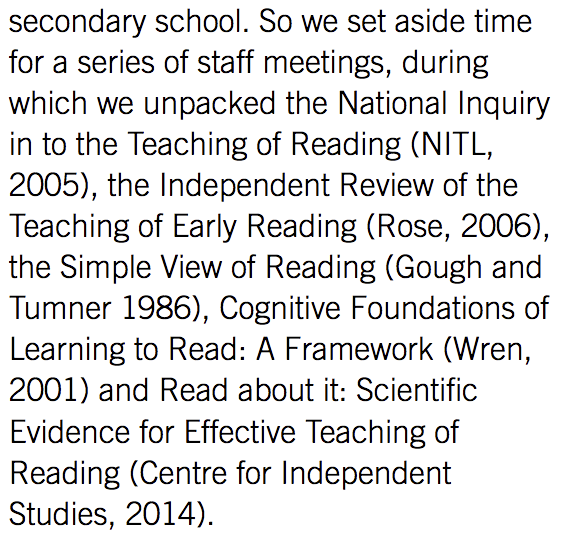
 Which then impacted practice like this..
Which then impacted practice like this.. 
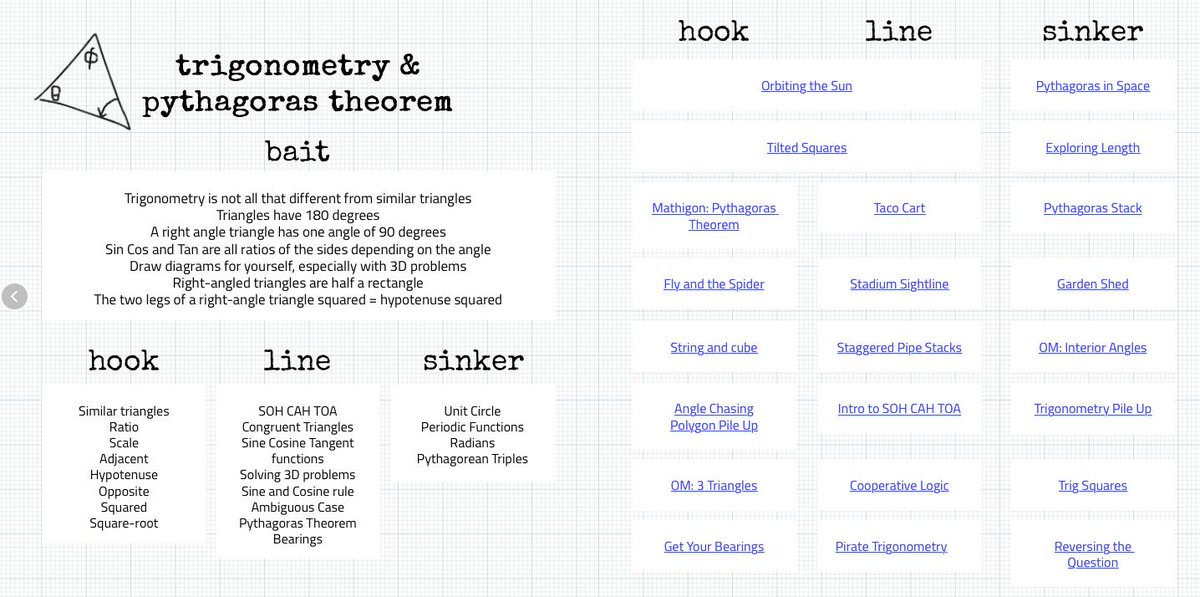
 quadratics, probability, and sequences & series; A concise page on planning a conceptual approach in the classroom; (2/5)
quadratics, probability, and sequences & series; A concise page on planning a conceptual approach in the classroom; (2/5) 

 2. One main point of consistently asking students the same questions, in order to prompt their thinking, is that they then internalise these these questions and they become part of the students’ natural metacognitive processes whilst problem solving.
2. One main point of consistently asking students the same questions, in order to prompt their thinking, is that they then internalise these these questions and they become part of the students’ natural metacognitive processes whilst problem solving.


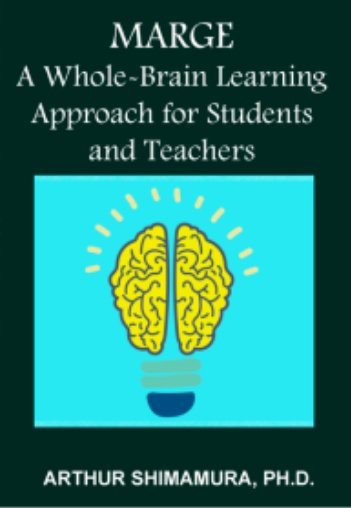
 Motivate: We need students to focus in order to learn (see 'Attend') and for this we need motivation. We can motivate through Qs 'What do you think? How does it make you feel?' Stories (psychologically privileged). Or framing learning as big Qs (see: ollielovell.com/errr/jaymctigh…)
Motivate: We need students to focus in order to learn (see 'Attend') and for this we need motivation. We can motivate through Qs 'What do you think? How does it make you feel?' Stories (psychologically privileged). Or framing learning as big Qs (see: ollielovell.com/errr/jaymctigh…)



 Next, Rachel offers a good way to scaffold 'I used to think, but now I think' that makes sense to me (Q for @rhwave2004 , What impacts does this kind of a reflection have on your classroom culture/student learning. Any?)
Next, Rachel offers a good way to scaffold 'I used to think, but now I think' that makes sense to me (Q for @rhwave2004 , What impacts does this kind of a reflection have on your classroom culture/student learning. Any?) 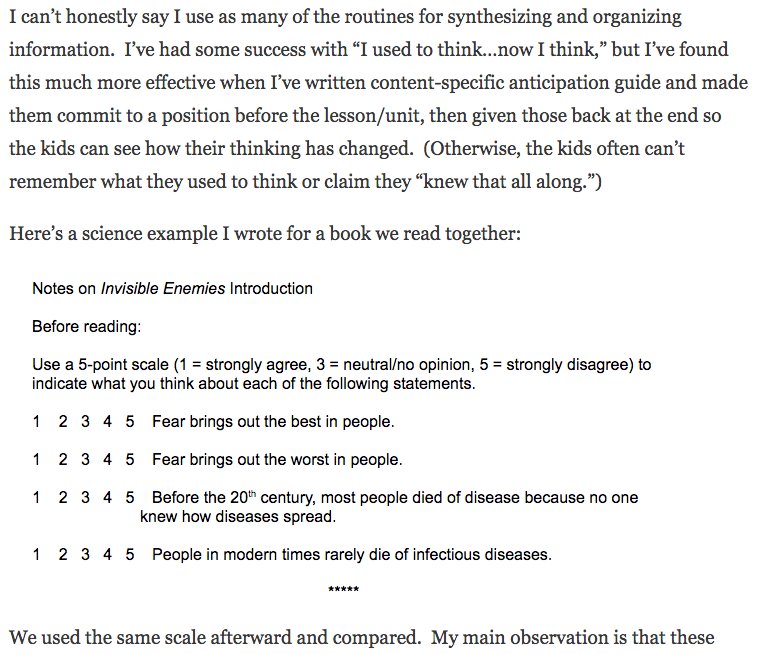
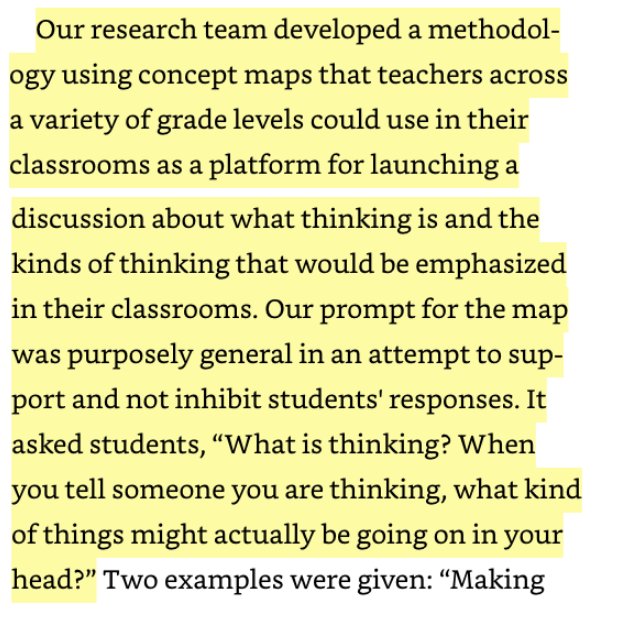
 Their premise was that if students are unable to articulate what makes effective thinking (would be curious to substitute 'thinking' for ‘learning’), it’s highly unlikely that they’ll be employing effective strategies when they’re attempting to make sense of concepts themselves.
Their premise was that if students are unable to articulate what makes effective thinking (would be curious to substitute 'thinking' for ‘learning’), it’s highly unlikely that they’ll be employing effective strategies when they’re attempting to make sense of concepts themselves. 



